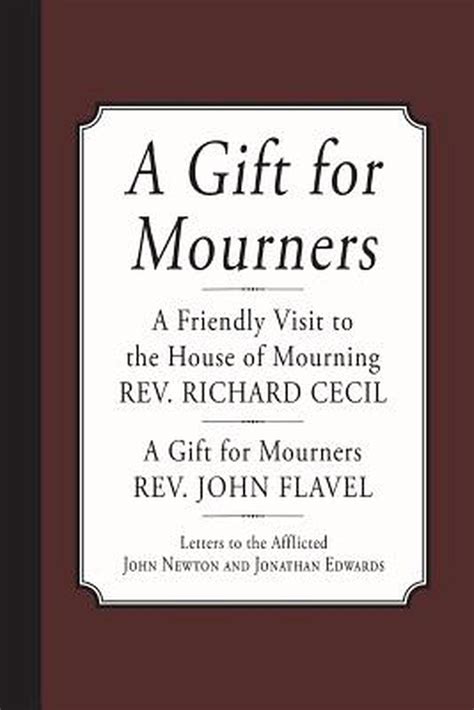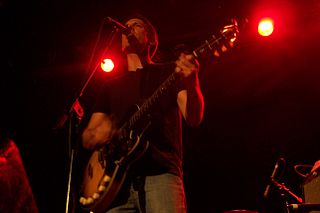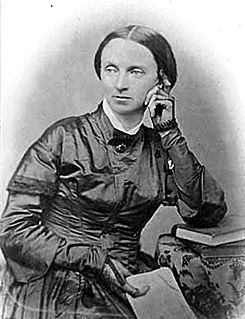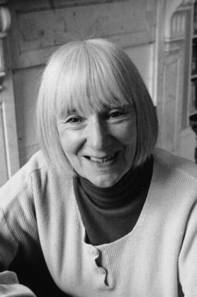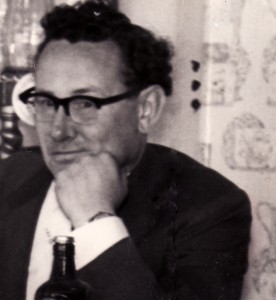A Quote by Elizabeth Gaskell
He could remember all about it now; the pitiful figure he must have cut; the absurd way in which he had gone and done the very thing he had so often agreed with himself in thinking would be the most foolish thing in the world; and had met with exactly the consequences which, in these wise moods, he had always foretold were certain to follow, if he ever did make such a fool of himself.
Related Quotes
How did it happen that now he could see everything so clearly. Something had given him leave to live in the present. Not once in his entire life had he come to rest in the quiet center of himself but had forever cast himself from some dark past he could not remember to a future that did not exist. Not once had he been present for his life. So his life had passed like a dream. Is it possible for people to miss their lives the way one can miss a plane?
At school he had done things which had formerly seemed to him very horrid and made him feel disgusted with himself when he did them; but when later on he saw that such actions were done by people of good position and that they did not regard them as wrong, he was able not exactly to regard them as right, but to forget about them entirely or not be at all troubled at remembering them.
When you make a record, you probably are not going to hit exactly what you were aiming for. You also have to let go at a certain point, and just trust it. I remember feeling we had fallen short, or that it had fallen short. At the same time it was great to see a good critical reaction to it, and to hear people were enjoying it, which made me think, "Well, maybe it's a good thing I didn't get exactly what I wanted." Now we're testing that theory.
If I wrote at all, I must throw myself headlong into the great political maelstrom, and would of course be swallowed up like a fishing-boat in the great Norway horror which decorated our school geographies; for no woman had ever done such a thing, and I could never again hold up my head under the burden of shame and disgrace which would be heaped upon me. But what matter? I had no children to dishonor; all save one who had ever loved me were dead, and she no longer needed me, and if the Lord wanted some one to throw into that gulf, no one could be better spared than I.
He talked a lot about the past, and I gathered that he wanted to recover something, some idea of himself perhaps, that had gone into loving Daisy. His life had been confused and disordered since then, but if he could once return to a certain starting place and go over it all slowly, he could find out what that thing was.
I feel very strongly that I am under the influence of things or questions which were left incomplete and unanswered by my parents and grandparents and more distant ancestors. It often seems as if there were an impersonal karma within a family which is passed on from parents to children. It has always seemed to me that I had to answer questions which fate had posed to my forefathers, and which had not yet been answered, or as if I had to complete, or perhaps continue, things which previous ages had left unfinished.
Pauline kept a scrapbook into which she pasted important articles that she had cut out of the newspapers. These were about the courageous deeds that had been done by people even if they only had one leg or couldn't see or had been dropped on their heads when they were babies. 'It's to make me brave,' she'd explained to Annika.
The available worlds looked pretty grim. They had little to offer him because he had little to offer them. He had been extremely chastened to realize that although he originally came from a world which had cars and computers and ballet and Armagnac, he didn't, by himself, know how any of it worked. He couldn't do it. Left to his own devices he couldn't build a toaster. He could just about make a sandwich and that was it.
To find Margo Roth Spiegelman, you must become Margo Roth Spiegelman. And I had done many of the things she might have done: I had engineered a most unlikely prom coupling. I had quieted the hounds of caste warfare. I had come to feel comfortable inside the rat-infested haunted house where she did her best thinking. I had seen. I had listened. But I could not yet become the wounded person.
I was remembering the things we had done together, the times we had had. It would have been pleasant to preserve that comradeship in the days that came after. Pleasant, but alas, impossible. That which had brought us together had gone, and now our paths diverged, according to our natures and needs. We would meet again, from time to time, but always a little more as strangers; until perhaps at last, as old men with only memories left, we could sit together and try to share them.



